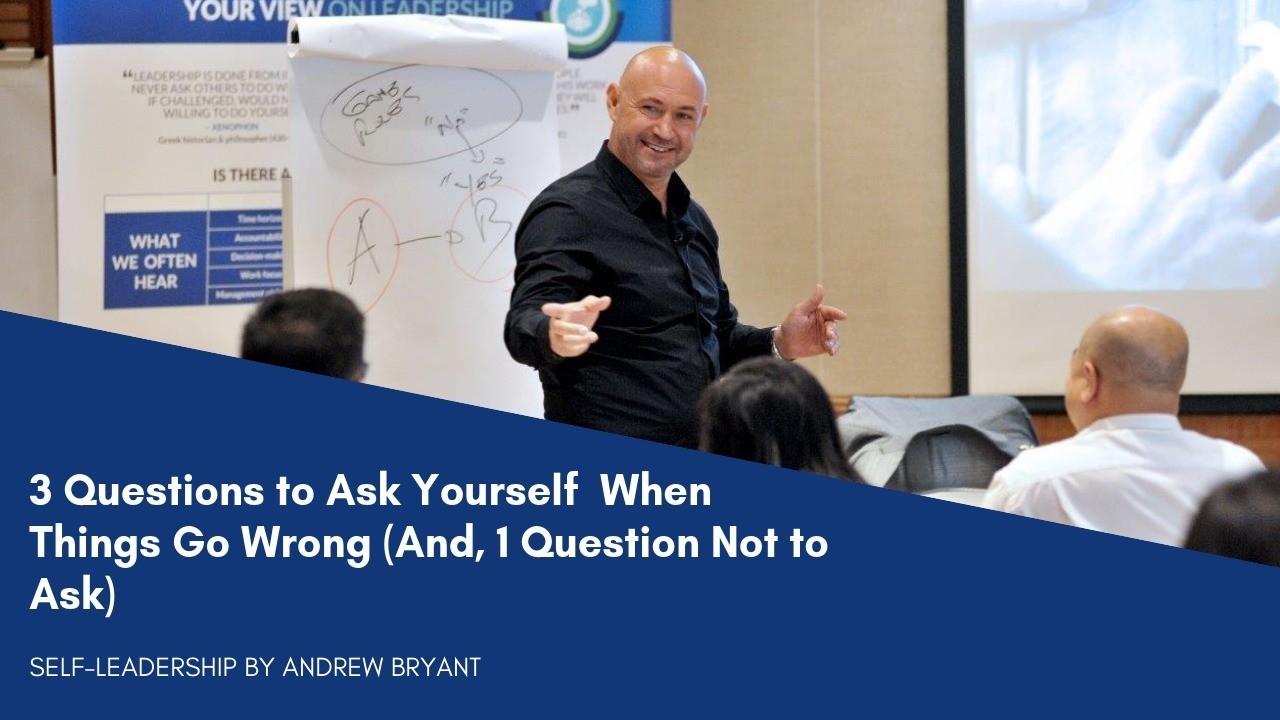Get out of your Comfort Zone – Motivational B.S?
Feb 11, 2020
Self-coaching Questions - for when things go wrong
Feb 11, 2020
An Extra-Ordinary Woman shows Self-leadership
Feb 01, 2020
How to influence your boss
Jan 07, 2020
Change your Inner Dialogue
Mar 14, 2019







